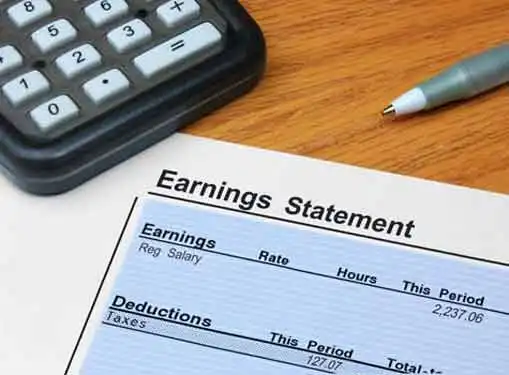Small Business Finance News
Expiration Of Payroll Tax Holiday Having A Negative Effect On Consumer Spending
Written by Tim Morral
Published: 2/28/2013
NRF reports that nearly three out of four U.S. consumers have changed their spending habits to compensate for payroll tax changes.
Nothing lasts forever--a truth that U.S. wage earners know all too well following the recent expiration of the payroll tax holiday. Starting in 2013, payroll tax withholdings returned to their pre-tax holiday levels, causing many consumers to modify household spending patterns, according to a report by the National Retail Federation (NRF).

In a NRF 2013 Tax Return Survey conducted by BIGinsight, 73 percent of consumers indicated that their spending has suffered due to reductions in take-home pay. Of the consumers surveyed, 58 percent said their spending plans have been somewhat or greatly impacted, 46 percent said they will spend less overall and 36 percent will limit restaurant experiences and dining out opportunities.
Declines in consumer spending often have the most noticeable impact on startup small business retailers, many of which struggle to break even under the best economic conditions. If getting customers to your new store is a challenge, you may need to redouble your marketing efforts in the local community or create special incentives to entice consumers to your store during the first half of 2013.
While approximately half of those who have been impacted are cutting back on major purchases like cars, TVs or furniture, just 25 percent will reduce the amount they spend on small luxuries like gourmet coffee, manicures or high-end cosmetics.
"A smaller paycheck due to the fiscal cliff deal early last month, higher gas prices, low consumer confidence and ongoing uncertainty about our nation's fiscal health is negatively impacting consumers and businesses across the country," said NRF President and CEO Matthew Shay. "Every day we hear about building the middle class. We can only do that if we tear down barriers that prevent consumers from investing their hard-earned money back into our nation's economy. It's really that simple."
The survey found that changes in consumer spending varied by income level. One out of two consumers who make less than $50,000 said they will spend less overall and 23 percent will spend less on groceries compared to 17 percent of those who earn more than $50,000 per year.
Additionally, 28 percent of those who fall under the $50,000 income threshold will shop at discount stores more often compared to 20 percent of consumers with higher income levels.
Share this article
About Our Entrepreneur News Feeds
We publish news articles for entrepreneurs five days a week. Our entrepreneur news articles review trends in business management, analyze the impact of new government policies, present relevant entrepreneurial research findings, and cover many other topics of interest to entrepreneurs.
Additional Resources for Entrepreneurs
